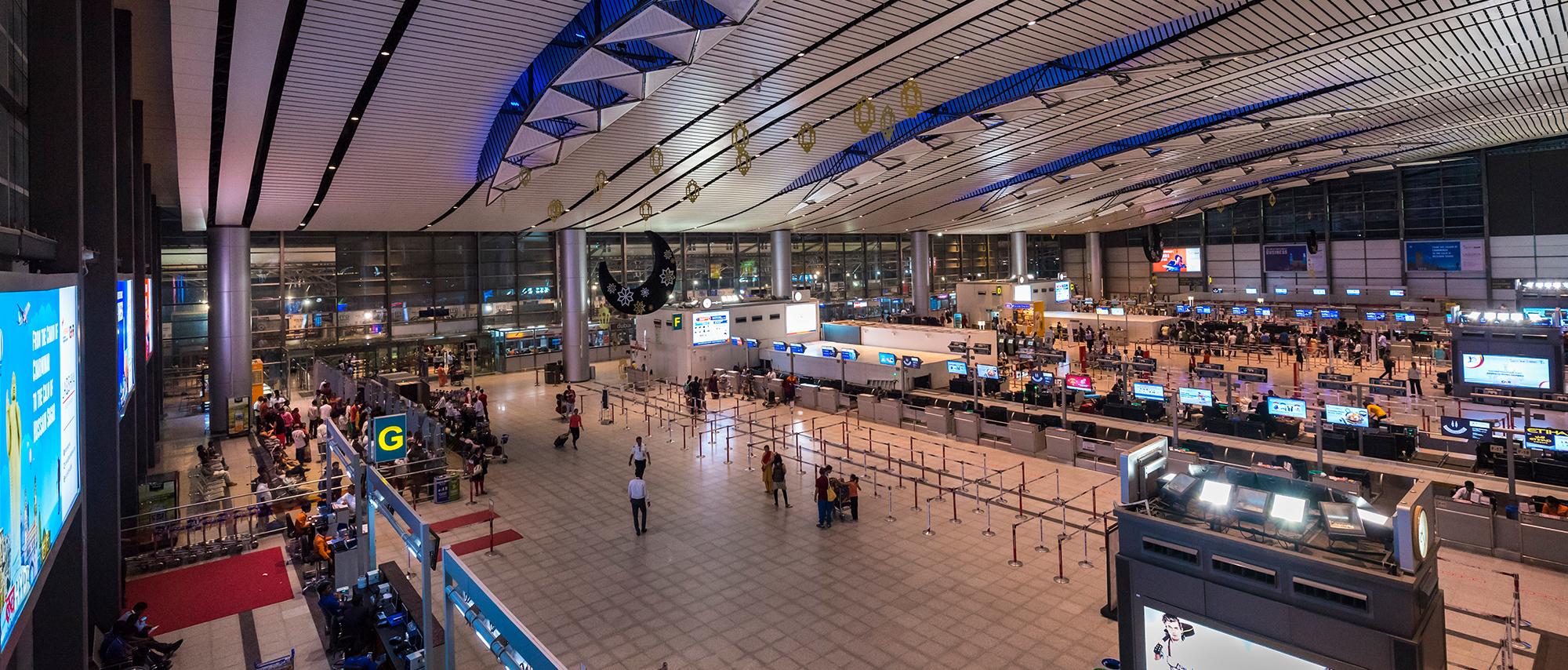
Airports are complex ecosystems where efficiency, safety and passenger satisfaction are paramount. With the increasing global demand for air travel, optimizing airport operations has become a critical focus. Industrial automation, facilitated by advanced technologies and engineering services, offers transformative solutions to enhance the efficiency and reliability of airport operations. This article explores how airport engineering services can leverage industrial automation to optimize various aspects of airport functionality.
Industrial automation involves the use of control systems, such as computers and robots and information technologies to handle different processes and machinery in an industry. In the context of airports, industrial automation can streamline operations, enhance safety protocols and improve the overall passenger experience.
Automated baggage handling systems (BHS) are essential for ensuring that luggage is efficiently and accurately routed from check-in to the aircraft and from the aircraft to the baggage claim area. These systems use conveyor belts, barcode scanners, RFID tags and sorting machines to minimize human error, reduce mishandling and speed up the process.
Security is a critical concern in airports. Automated systems can enhance security protocols by using advanced screening technologies such as automated body scanners, facial recognition systems and AI-powered surveillance cameras. These technologies can detect threats more accurately and faster than manual checks, ensuring a safer environment for travelers.
Automation in air traffic management (ATM) involves using sophisticated algorithms and systems to manage air traffic flow, reduce congestion and improve safety. Automated ATM systems can process vast amounts of data from radar, satellite and other sources to optimize flight paths, manage takeoffs and landings and minimize delays.
Predictive maintenance powered by IoT (Internet of Things) and AI can transform how airports manage their infrastructure and equipment. Sensors and automated systems can monitor the condition of runways, lighting, HVAC systems and other critical components in real-time, predicting failures before they occur and scheduling maintenance activities to avoid disruptions.
Automation reduces the time taken for routine tasks, such as baggage handling and security checks, thus speeding up the entire process. This efficiency can lead to shorter wait times for passengers and faster turnaround times for aircraft.
Automated systems reduce the risk of human error in critical operations like baggage handling and security screening. Advanced technologies such as AI and machine learning can detect anomalies and potential threats more accurately, enhancing overall safety.
While the initial investment in automation technology can be substantial, the long-term benefits include significant cost savings through reduced labor costs, improved resource utilization and decreased downtime due to predictive maintenance.
Automation leads to smoother and faster processing at various touchpoints within the airport, enhancing the passenger experience. From faster check-ins and security screenings to efficient baggage claim processes, passengers benefit from a more seamless journey.
The integration of industrial automation in airport operations presents a significant opportunity to enhance efficiency, safety and passenger satisfaction. By leveraging the expertise of airport engineering services, airports can effectively implement and optimize automated systems, ensuring they meet the ever-growing demands of modern air travel. As technology continues to evolve, the role of industrial automation in shaping the future of airport operations will undoubtedly become even more critical.
If you need any services, drop us a mail at Rohitkumar.Singh@gmrgroup.in or get in touch with us at +919717199753.